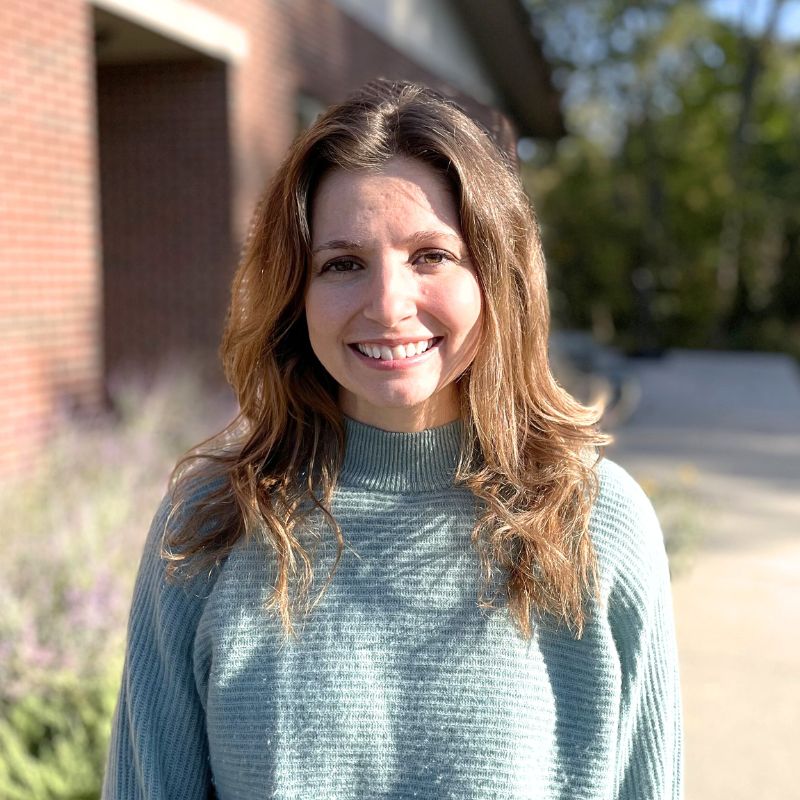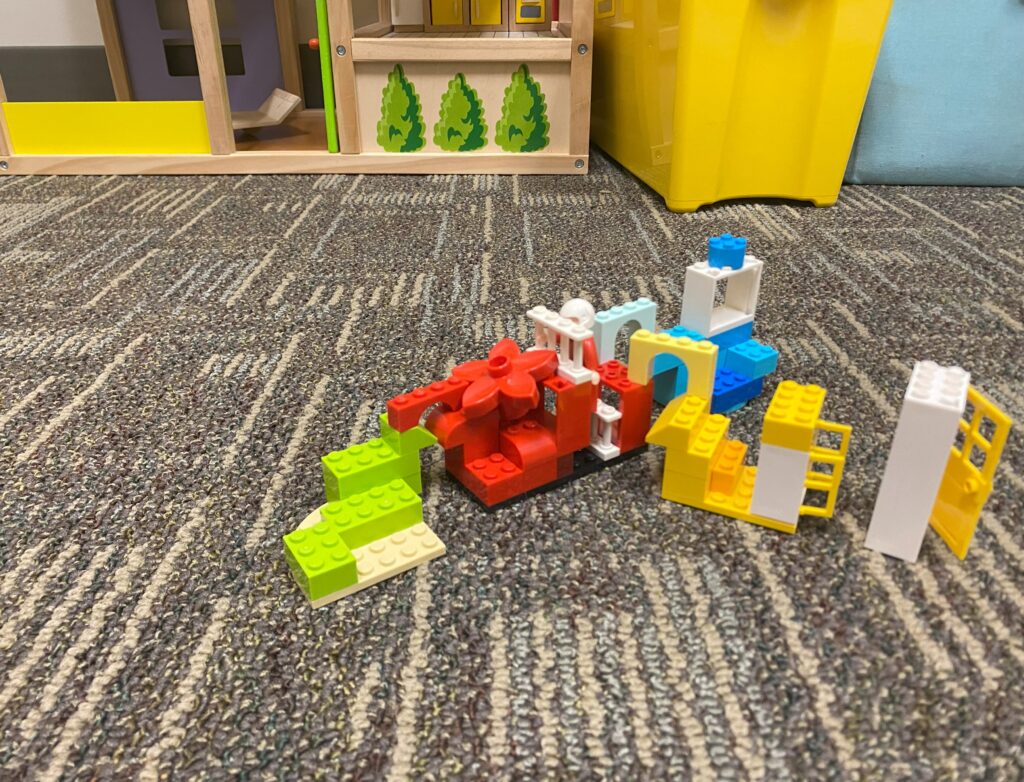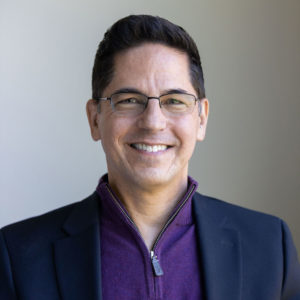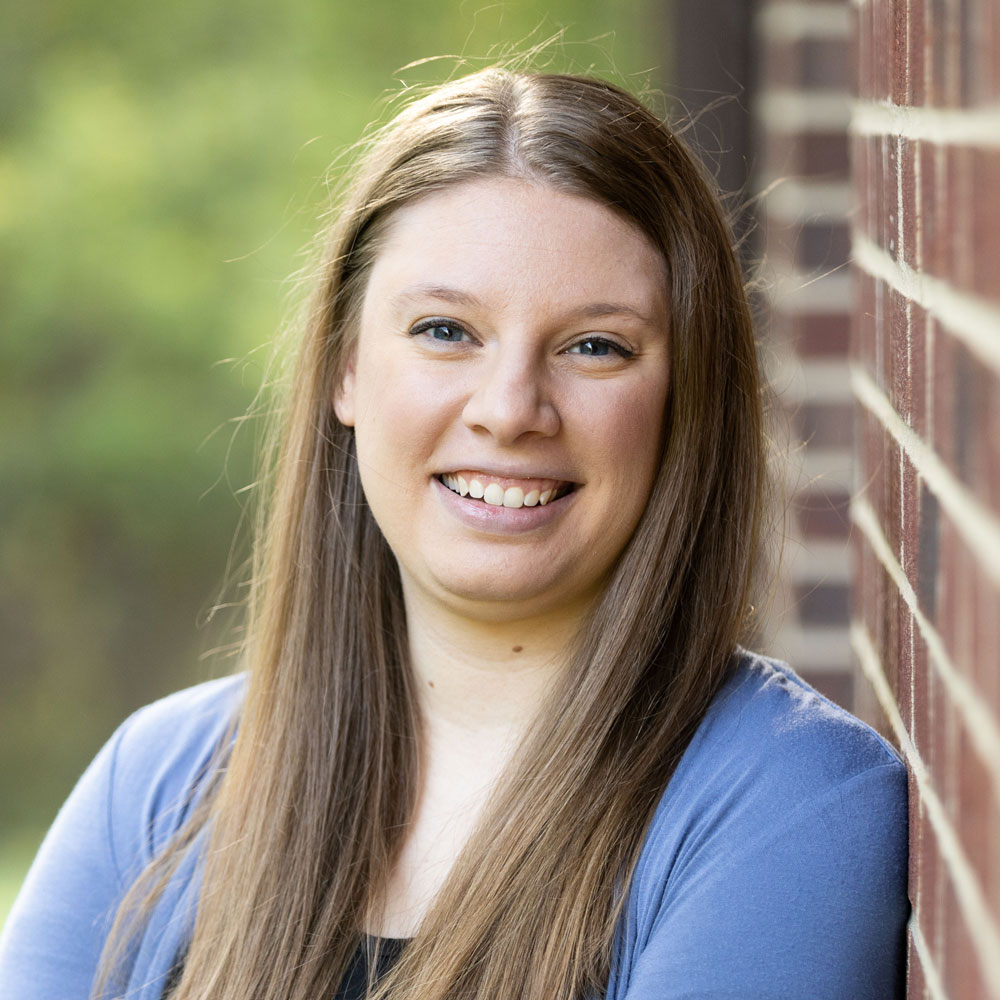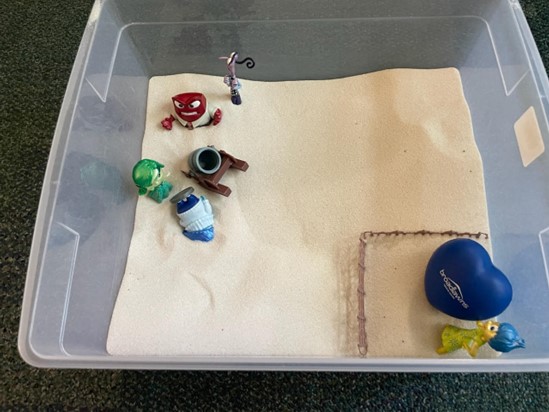Parents everywhere are struggling to keep children healthy and occupied. If you’re anxious about how to protect and nurture kids through this crisis — often juggling work obligations at the same time — you’re in good (virtual) company. I know, as I write this from home, with my 2-year-old hovering, that we have a lot to figure out. Here are tips from the Child Mind Institute’s clinicians to help calm fears, manage stress and keep the peace.
Keep routines in place
The experts all agree that setting and sticking to a regular schedule is key, even when you’re all at home all day. Kids should get up, eat and go to bed at their normal times. Consistency and structure are calming during times of stress. Kids, especially younger ones or those who are anxious, benefit from knowing what’s going to happen and when.
The schedule can mimic a school or day camp schedule, changing activities at predictable intervals, and alternating periods of study and play.
It may help to print out a schedule and go over it as a family each morning. Setting a timer will help kids know when activities are about to begin or end. Having regular reminders will help head off meltdowns when it’s time to transition from one thing to the next.
Be creative about new activities — and exercise
Incorporate new activities into your routine, like doing a puzzle or having family game time in the evening. For example, my family is baking our way through a favorite dessert cookbook together with my daughter as sous chef.
Build in activities that help everyone get some exercise (without contact with other kids or things touched by other kids, like playground equipment). Take a daily family walk or bike ride or do yoga — great ways to let kids burn off energy and make sure everyone is staying active.
David Anderson, PhD, a clinical psychologist at the Child Mind Institute, recommends brainstorming ways to go “back to the 80s,” before the time of screen prevalence. “I’ve been asking parents to think about their favorite activities at summer camp or at home before screens,” he says. “They often then generate lists of arts and crafts activities, science projects, imaginary games, musical activities, board games, household projects, etc.”
Manage your own anxiety
It’s completely understandable to be anxious right now (how could we not be?) but how we manage that anxiety has a big impact on our kids. Keeping your worries in check will help your whole family navigate this uncertain situation as easily as possible.
“Watch out for catastrophic thinking,” says Mark Reinecke, PhD, a clinical psychologist with the Child Mind Institute. For example, assuming every cough is a sign you’ve been infected, or reading news stories that dwell on worst-case scenarios. “Keep a sense of perspective, engage in solution-focused thinking and balance this with mindful acceptance.”
For those moments when you do catch yourself feeling anxious, try to avoid talking about your concerns within earshot of children. If you’re feeling overwhelmed, step away and take a break. That could look like taking a shower or going outside or into another room and taking a few deep breaths.
Limit consumption of news
Staying informed is important, but it’s a good idea to limit consumption of news and social media that has the potential to feed your anxiety, and that of your kids. Turn the TV off and mute or unfollow friends or co-workers who are prone to sharing panic-inducing posts.
Take a social media hiatus or make a point of following accounts that share content that take your mind off the crisis, whether it’s about nature, art, baking or crafts.
Stay in touch virtually
Keep your support network strong, even when you’re only able to call or text friends and family. Socializing plays an important role in regulating your mood and helping you stay grounded. And the same is true for your children.
Let kids use social media (within reason) and Skype or FaceTime to stay connected to peers even if they aren’t usually allowed to do so. Communication can help kids feel less alone and mitigate some of the stress that comes from being away from friends.
Technology can also help younger kids feel closer to relatives or friends they can’t see at the moment. My parents video chat with their granddaughter every night and read her a (digital) bedtime story. It’s not perfect, but it helps us all feel closer and less stressed.
Make plans
In the face of events that are scary and largely out of our control, it’s important to be proactive about what you can control. Making plans helps you visualize the near future. How can your kids have virtual play dates? What can your family do that would be fun outside? What are favorite foods you can cook during this time? Make lists that kids can add to. Seeing you problem solve in response to this crisis can be instructive and reassuring for kids.
Even better, assign kids tasks that will help them feel that they are part of the plan and making a valuable contribution to the family.
Keep it positive
Though adults are feeling apprehensive, to most children the words “School’s closed” are cause for celebration. “My kid was thrilled when he found out school would be closing,” says Rachel Busman, PsyD, a clinical psychologist at the Child Mind Institute. Parents, she says, should validate that feeling of excitement and use it as a springboard to help kids stay calm and happy.
Let kids know that you’re glad they’re excited, but make sure they understand that though it may feel like vacations they’ve had in the past, things will be different this time. For example, Dr. Busman suggests, “It’s so cool to have everyone home together. We’re going to have good time! Remember, though, we’ll still be doing work and sticking to a regular schedule.”
Keep kids in the loop — but keep it simple
“Talking to children in a clear, reasonable way about what’s going on is the best way to help them understand,” says Dr. Busman. “But remember kids don’t need to know every little thing.” Unless kids ask specifically, there’s no reason to volunteer information that might worry them.
For example, our two-year-old daughter Alice is used to seeing her grandparents regularly, but right now we’re keeping our distance to make sure everyone stays safe. When she asks about them we say: “We won’t see Grandma and Grandpa this week but we will see them soon!” We don’t say: “We’re staying away from Grandma and Grandpa because we could get them sick.” Older kids can handle — and expect — more detail, but you should still be thoughtful about what kinds of information you share with them.
Check in with little kids
Young children may be oblivious to the facts of the situation, but they may still feel unsettled by the changes in routine, or pick up on the fact that people around them are worried and upset. Plan to check in with younger children periodically and give them the chance to process any worries they may be having. Children who are tantruming more than usual, being defiant or acting out may actually be feeling anxious. Pick a calm, undistracted time and gently ask how they’re feeling and make sure to respond to outbursts in a calm, consistent, comforting way.
Sometimes the path of least resistance is the right path
Remember to be reasonable and kind to yourself. We all want to be our best parenting selves as much as we can, but sometimes that best self is the one that says, “Go for it,” when a kid asks for more time on the iPad. My daughter is watching Elmo’s World — and possibly drawing on the wall — as I write this. That shrill red Muppet is the only reason I’m able to write at all.
“We should forgive ourselves the image of perfection that we normally aspire to as parents,” says Dr. Anderson. “Maybe your kids don’t have TV or screens on the weeknights during the school year, but now that school is cancelled or online, we can give ourselves license to relax these boundaries a bit. We can explain to our kids that this is a unique situation and re-institute boundaries once more when life returns to normal.”
Accept and ask for help
If you have a partner at home, agree that you’ll trade off when it comes to childcare. Especially if one or both of you are working from home and have younger children. That way everyone gets a break and some breathing room.
Everyone who can pitch in, should. Give kids age appropriate jobs. For example, teens might be able to help mind younger siblings when both parents have to work. Most children can set the table, help keep communal spaces clean, do dishes or take out the trash. Even toddlers can learn to pick up their own toys. Working as a team will help your whole family stay busy and make sure no one person (Mom) is overwhelmed.
“Be creative and be flexible,” says Dr. Busman, “and try not to be hard on yourself. You have to find a balance that works for your family. The goal should be to stay sane and stay safe.”

